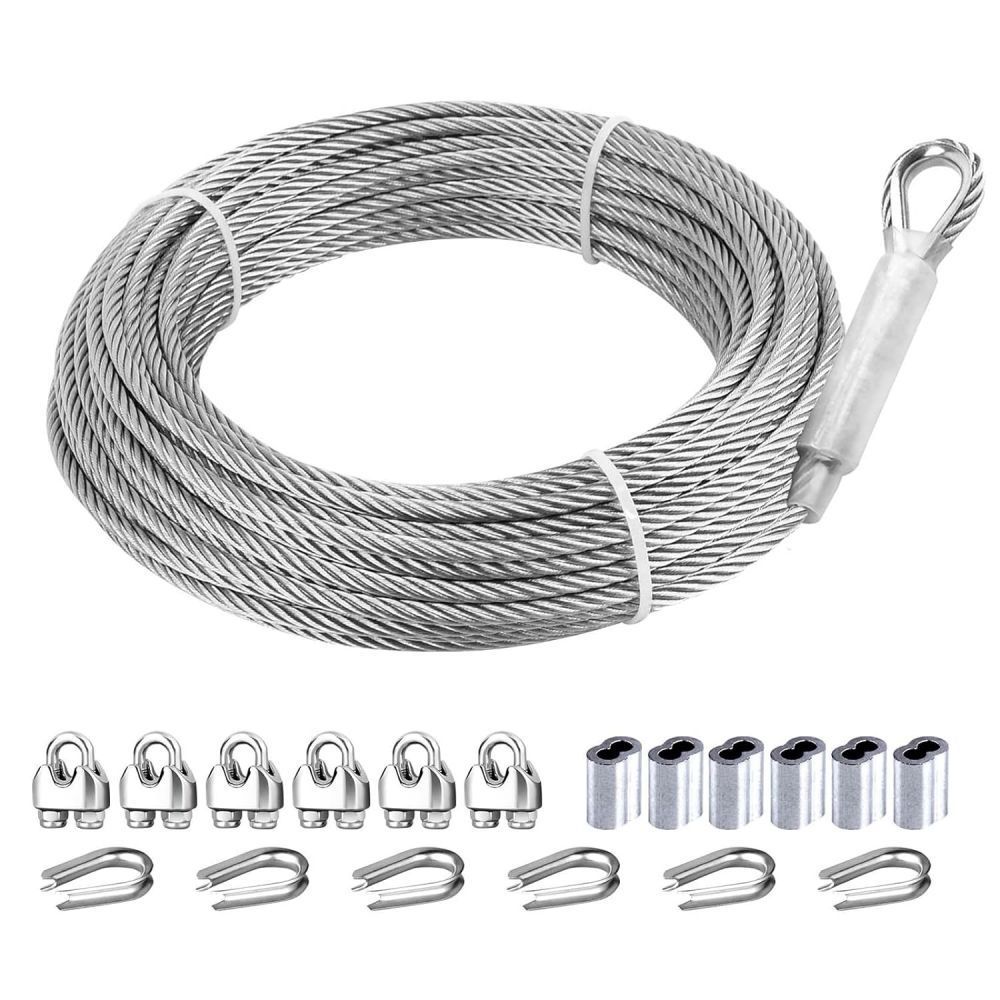
Stainless wire ropes are vital for their strength and corrosion resistance. Blogs offer insights for professionals and DIY enthusiasts on their uses and benefits. Here’s what you can typically expect to find in these blogs:
Stainless steel cable is a versatile material that can be used in a variety of applications, from suspension bridges to handrails and even furniture. Its strength and flexibility make it an ideal choice for creating visually striking structures that are both functional and beautiful.
One of the key benefits of stainless steel cable is its corrosion resistance, which means it can withstand harsh environmental conditions without losing its strength or appearance. This makes it an excellent choice for outdoor installations, where it can provide a long-lasting and low-maintenance solution.
When it comes to designing with stainless steel cable, there are several factors to consider. First and foremost, the cable’s strength and durability must be taken into account. Stainless steel cable is available in a range of diameters and strengths, so it’s important to choose the right type for your project.
Another important aspect of stainless steel cable design is the aesthetic appeal of the material. Stainless steel has a sleek, modern look that can add a touch of elegance to any architectural project. Designers often use stainless steel cable with other materials, such as glass or wood, to create a visually striking contrast.
In addition to its aesthetic appeal, stainless steel cable also offers a number of practical benefits. Its corrosion resistance means that it requires minimal maintenance, which can be a significant advantage in large-scale projects where regular maintenance can be time-consuming and costly.
One of the most striking examples of stainless steel cable design can be found in the world of suspension bridges. These structures rely on the strength and flexibility of stainless steel cable to support their immense weight, resulting in visually stunning architectural masterpieces.
In conclusion, stainless steel cable is a versatile and beautiful material that is increasingly being used in the world of architecture and design. Its strength, durability, and corrosion resistance make it an ideal choice for a wide range of applications, while its sleek aesthetic appeal can add a touch of elegance to any project. By considering factors such as the cable’s strength, flexibility, and aesthetic appeal, architects and designers can create stunning architectural masterpieces that make the most of this incredible material.
Stainless wire ropes are vital for their strength and corrosion resistance. Blogs offer insights for professionals and DIY enthusiasts on their uses and benefits. Here’s what you can typically expect to find in these blogs: